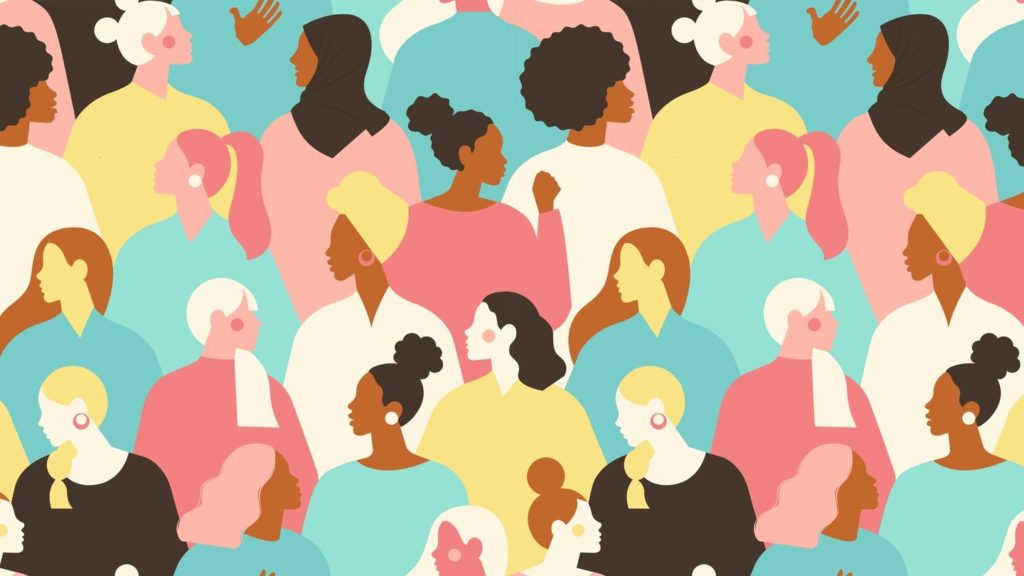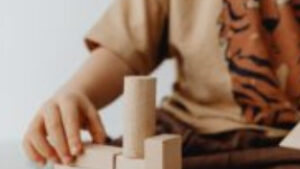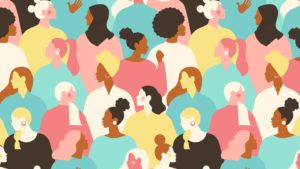One of the most frequent yet challenging aspects of our lives is the process of decision making. It involves choosing a particular course of action and can range from trivial matters such as picking an outfit to wear to major life details like education and marriage. It is also a process that businesses and entrepreneurs are quite familiar with. The ability to make good decisions resulting in positive outcomes is an essential life skill but it can be mentally exhausting and time consuming too. Some people hesitate to make any decision at all because they are afraid of making a bad one. Given the fast pace of life, we sometimes need to think quickly either due to the circumstances or just because the matter is not of significant importance, such as deciding what to wear. Inability to act on such occasions often results in either postponement of an important decision, as we strive for perfection, or a quick but regrettable, bad decision. Decision making is a skill that everyone, especially young adults, should learn in order to be more successful in life.
There are different manners in which a decision can be reached. Social scientists and psychologists have long studied human behaviour and identified some processes of decision making including but not limited to rational, bounded rationality and intuitive decision making models. Sometimes, the most appropriate decision that can be made is through reasoning and rationality. This means defining goals, identifying the matter for which an action needs to be taken, evaluating the factors and any emotional attachments to be taken into consideration, assessing different alternatives and choosing the best among them. At other times, the information available is either limited or there are time constraints that make it less viable to take a fully rational approach. In this case, the rationality is “bound” by constraints and uncertainty and therefore, some use of intuition is necessary to arrive at an acceptable decision. Intuition or “sixth sense” is basically a collection of lessons from your past experiences or of those around you. When we act intuitively, our mind processes information at such a fast pace that we do not even realise having put in any effort. Although, past experiences may be a good way to anticipate results in familiar settings, intuitive decision making can take a bit longer in new surroundings for which the mind has no previous reference point.

In addition to the various types of situations that affect our decision making process, the biases of the person involved can also play a significant role. Confirmation bias, for example, only makes you see what you want to see hence, confirming your assessment, while ignoring other relevant information that could be important. Survivorship bias, on the other hand, only makes you consider success stories of people that followed a particular decision, such as the students who passed a highly competitive exam where the passing percentage is relatively low. It doesn’t let you take into account the “failure stories” or the full picture of the successes. Then there is the sunk cost fallacy that sets in after a bad decision has been executed and some time or energy has already been invested in it. The person, or the business, tends to continue with the said decision even when it becomes clear that it is not advantageous anymore. The only way to avoid falling victim to such biases is to have an open mind.

Decision making doesn’t come naturally to most people. So some active initiative has to be taken at times, such as clearly defining our goals and avoiding overthinking the situation. We can also discuss with people we trust and learn from their experiences. We should also trust our gut because our instinctive reactions to a possible outcome can sometimes be a very good guide. For example, flipping a coin can make it clearer how you feel about a given option.
It is important to remember that, in case of personal decisions specially, nobody else understands your circumstances better than yourself. So regardless of how difficult the decision may seem, it isn’t advisable to let someone else make it on your behalf. Not only does this make the process more efficient, it also gives you control and responsibility of the consequences. Since decision making is integral to our lives, having the ability to think critically and arrive at good, effective decisions is important for a sense of personal fulfilment, success and long term happiness. Through decision making and by taking responsibility of our actions, we get the liberty to steer our own path.







